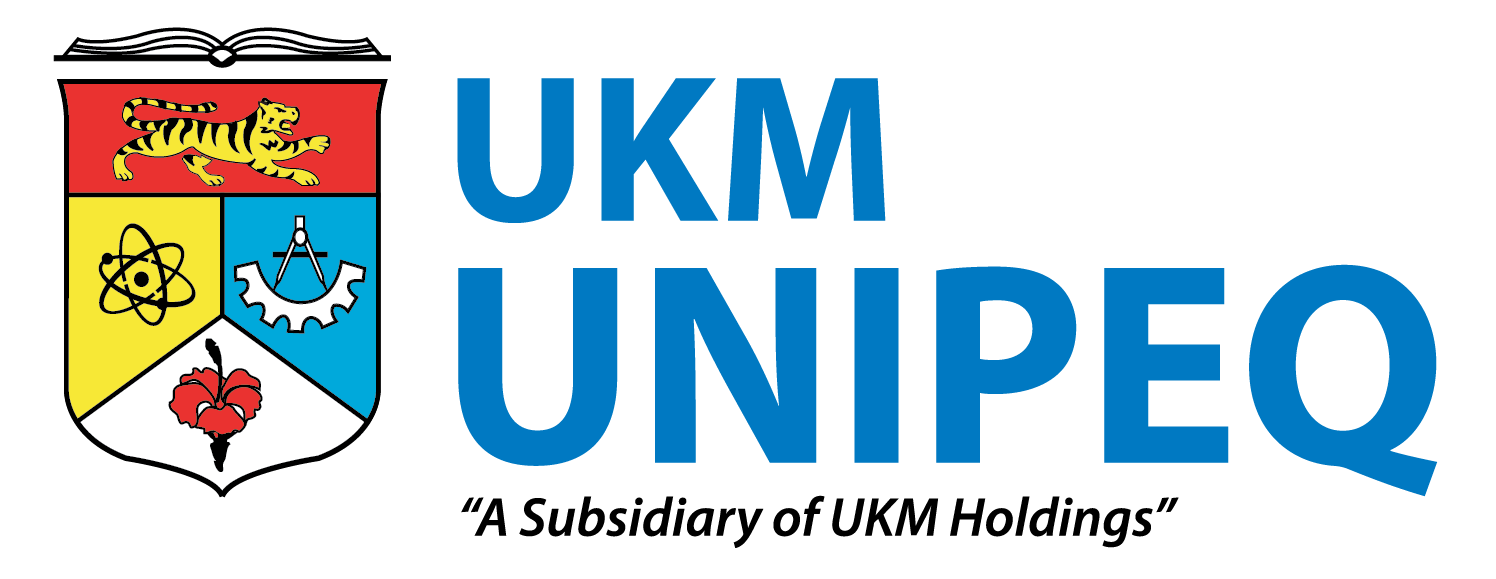
The heartbeat of Malaysia can be felt through its cuisine. However, safeguarding public health and ensuring the quality of the food experience requires adherence to certain standards, which is where the Food Handlers Certificate comes into play.
Introduction
Malaysia, a melting pot of cultures, offers an array of delectable dishes that span from the vibrant streets of Penang to the bustling centers of Kuala Lumpur. However, the backbone of these culinary experiences lies not just in recipes but in safe food handling practices. Enter the Food Handlers Certificate, a quintessential component ensuring that the food Malaysians love is both delicious and safe.
Food Safety: A Priority for Public Health
The recent past has seen outbreaks of food-borne illnesses worldwide, emphasizing the critical need for safe food handling. In Malaysia, instances like the mass food poisoning events highlight the devastating consequences of neglecting food safety.
Benefits of Basic Food Handling (BFH):
- Accountability: Having a certificate means that the holder has been trained and understands the responsibilities of handling food safely.
- Reduced Contamination: Certificate holders are equipped with knowledge to prevent cross-contamination, improper storage, and other potential hazards.
- Trustworthiness: For consumers, knowing that food handlers are certified brings peace of mind when dining out.
Economic Implications
A healthy food industry promotes tourism, one of Malaysia’s significant revenue sources. Tourists flock to Malaysian shores for the unique gastronomic journey, and their trust hinges upon the assurance of safe food handling. Any breakdown in food safety can dent Malaysia’s reputation, impacting the tourism industry and, by extension, the economy.
Upholding Malaysia’s Culinary Reputation
Behind every plate of nasi lemak or bowl of laksa lies a tradition passed down through generations. To ensure that these culinary treasures continue to thrive and represent Malaysia on a global stage, adherence to food safety standards, including obtaining a Food Handlers Certificate, is paramount.
SEO-Driven Consideration
For business owners and online entrepreneurs in Malaysia’s food industry, showcasing the BFH can significantly enhance their online reputation. In a digital age, consumers frequently research eateries and food vendors.
Having a clear display of the BFH can:
- Boost search engine rankings due to increased trust and authenticity.
- Enhance online reviews and customer feedback, driving organic traffic.
Legal Repercussions
In Malaysia, the Ministry of Health mandates food handlers to undergo training and obtain the BFH. Failing to comply can result in hefty penalties, operational disruptions, or even business closures.
Conclusion
In essence, the Food Handlers Certificate is more than just a piece of paper. It’s a testament to Malaysia’s commitment to upholding the sanctity of its food culture while ensuring public health. As consumers increasingly prioritize safety, the BFH stands as a beacon of trust, underscoring the importance of food safety in Malaysia’s thriving culinary landscape.




